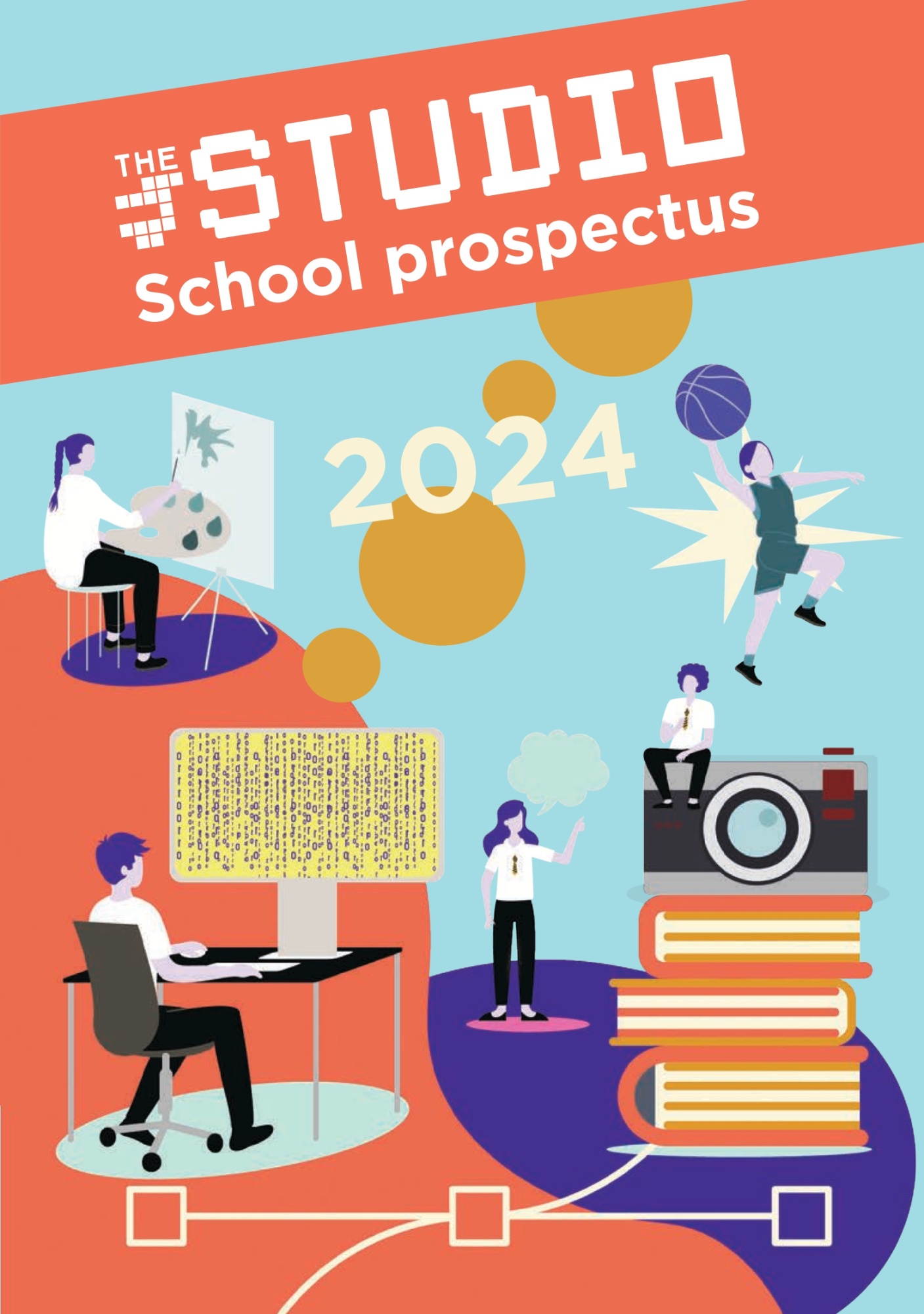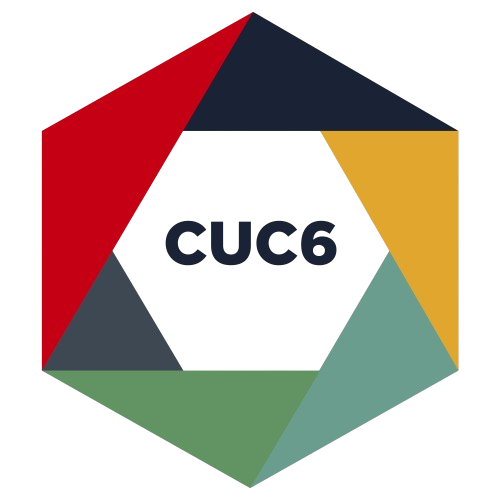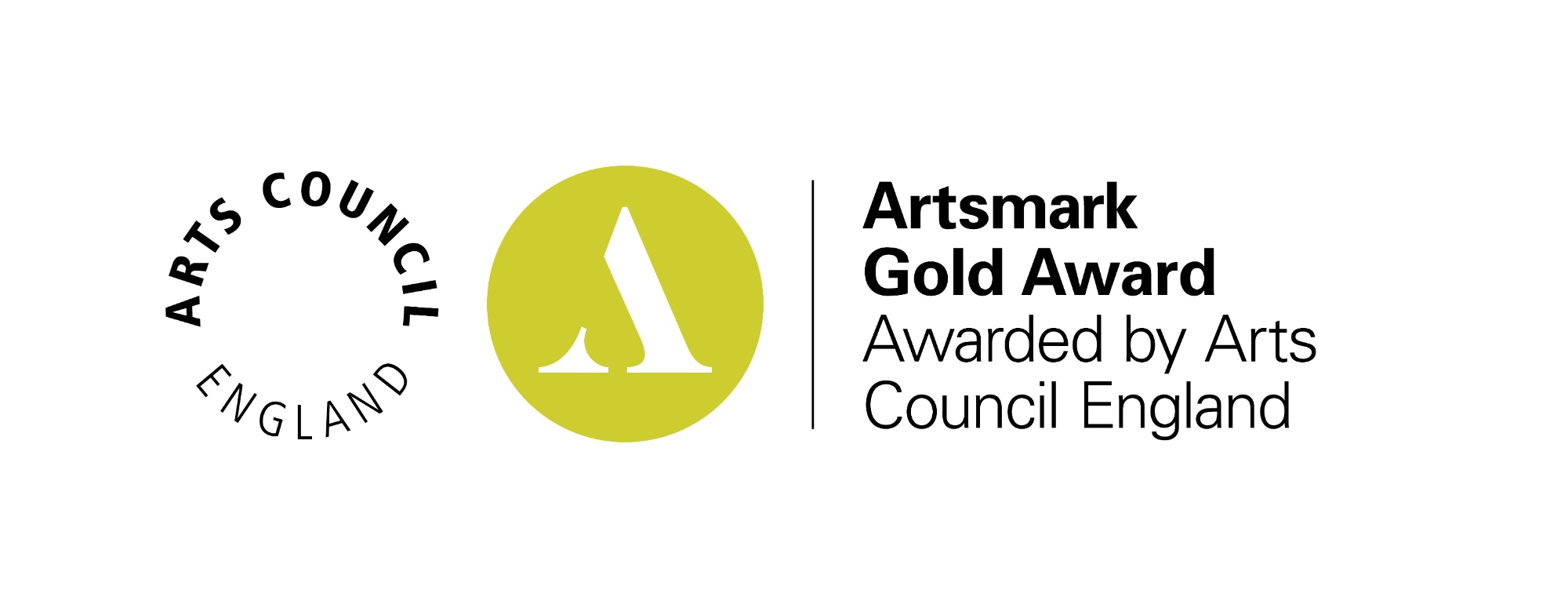
Prospectus | Sixth Options Form & Entry Requirements
For more information on the curriculum, please contact Rupert Evans
Click here to read our most recent OFSTED report
The Studio provides pupils with a unique educational experience. Students are encouraged to take a core curriculum of GCSES and/or A Levels, plus a range of vocational qualifications.
Business partners help to shape the curriculum by defining their skills requirements and providing projects, masterclasses and training that meets these needs.
Types of Qualifications
A Levels
A-Level (Advanced Level) qualifications are subject-based qualifications that students in the UK typically study over two years, usually between the ages of 16 and 18, after completing their GCSEs.
Key Points About A-Levels:
- Subject Choice: Students usually select three or four subjects to study in-depth.
- Assessment: A-Levels are primarily assessed through exams, although some subjects may include coursework or practical assessments.
- Grading: A-Levels are graded from A* (highest) to E (lowest), with U indicating ungraded.
- University Entrance: A-Levels are widely recognised by universities in the UK and internationally. Most universities specify certain A-Level grades and subjects as entry requirements for their courses.
- Flexibility: Students can choose from a wide range of subjects, including sciences, humanities, languages, and vocational subjects.
BTECs
BTEC Level 3 qualifications are vocational qualifications that provide practical, career-focused education and training. They are equivalent to A-Levels and are recognised by employers and universities. BTEC stands for Business and Technology Education Council.
Key Points About BTEC Level 3:
- Levels and Equivalence:
- BTEC Level 3 National Certificate: Equivalent to 0.5 A-Levels
- BTEC Level 3 National Extended Certificate: Equivalent to 1 A-Level
- BTEC Level 3 National Diploma: Equivalent to 2 A-Levels
- BTEC Level 3 National Extended Diploma: Equivalent to 3 A-Levels
- Subject Areas: BTECs cover a wide range of subjects, including business, health and social care, engineering, IT, sport, and more.
- Assessment: BTECs are assessed through a combination of coursework, practical projects, and sometimes exams. This continuous assessment method differs from the exam-focused approach of A-Levels.
- Learning Style: BTECs focus on practical, hands-on learning, often involving real-world projects and work placements. This approach is designed to develop specific skills and knowledge directly relevant to particular industries.
- University and Career Progression: BTECs are accepted by many universities, especially for vocational and applied science courses. They also provide a strong foundation for entering the workforce directly, with skills tailored to specific career paths.
- Flexibility: Students can combine BTECs with A-Levels to create a more personalised education pathway that suits their career aspirations and learning preferences.
BTEC Level 3 qualifications offer a practical and applied approach to learning, making them a valuable option for students aiming for specific careers or looking to gain practical experience alongside their academic studies.
T Levels
T Levels are a relatively new type of technical qualification in the UK, designed to provide students with a high-quality, vocational alternative to A Levels. They are aimed at students aged 16-19 and combine classroom learning with on-the-job experience.
Key Points About T Levels:
- Structure:
- Classroom Learning: Students spend 80% of their time in the classroom, learning the theory and skills relevant to their chosen industry.
- Industry Placement: The remaining 20% of the time (approximately 45 days) is spent on a work placement with an employer, giving students real-world experience.
- Subjects: T Levels cover a wide range of sectors, including:
- Digital
- Construction
- Education and Childcare
- Health and Science
- Engineering and Manufacturing
- Business and Administration
- Legal, Finance, and Accounting
- Duration: Each T Level course lasts for two years, aligning with the duration of A Levels.
- Assessment: T Levels are assessed through a combination of exams, coursework, and the practical skills demonstrated during the industry placement.
- Grading: Students receive an overall grade of Pass, Merit, Distinction, or Distinction*, which reflects their performance across all components of the course.
- Qualification and Progression:
- T Levels are equivalent to three A Levels.
- They provide a pathway to skilled employment, higher apprenticeships, or further study, including university.
- Content:
- Core Content: Students learn broad knowledge and skills that apply across their chosen sector.
- Specialist Content: Students also gain expertise in specific areas of their chosen sector, tailored to their career aspirations.
T Levels are designed with input from employers to ensure that the skills and knowledge taught are relevant to industry needs so offer an excellent route for students who prefer a more practical, career-oriented approach to their education, bridging the gap between school and the workplace or further technical study. The significant industry placement component ensures students gain valuable hands-on experience and provides a direct link with employers which can enhance future job prospects.
Pathways
We use pathways to help you visualise the best route into the career you’re interested in, and support you in making the right study choices in Year 12.
Tech Pathway
The CUC 6 encompasses several key study areas which focus heavily on a broad range of technology. Traditionally, the innovative Studio school has creative and digital learning at the very core of learning for students aged 14-19. Key Stage 4 students learn a number of key subject areas, which allow them to transition into CUC6 for Key Stage 5 studies with a sound grounding with skills such as computer programming, games animation and digital marketing. However, for those joining us directly into CUC at Key stage 5 the CUC also ensures that students are rapidly bought up to speed regardless of previous education elsewhere.
The technology pathway offers the following options for those seeking a career in a technological role:
- OCR A-Level Computer Sciences (UCAS Value: Single A-Level Award)
- OCR Cambridge Technical Level 3 Diploma in IT (UCAS Value: Double A-Level Award)
The CUC Technology pathway is able to offer hands-on development that is delivered by industry experienced teachers, which affords students with first class training from teachers who have worked in the industries that students hope to work in one day themselves. The CUC has computing facilities that allow for a wide range of development tools to be accessed and used professionally as they would be in any modern-day office.
The technology pathway affords students additional certification with (Amazon Web Services) AWS Academy, Microsoft’s Azure platform and Cybersecurity certification. Our alumni students now work for all the following companies in a wide range of roles, ranging from Software Developers, Business Analysts, Cybersecurity Professionals, Big Data Management and video game designers via degree apprenticeship programs.
Amazon Web Services Academy Cloud Foundation Course
As businesses increasingly migrate their IT operations to the cloud, they benefit from significant cost savings, improved redundancy, and rapid scalability. Cloud services can be accessed almost instantly, unlike on-premises solutions which require advanced hardware purchase, installation, and configuration by experienced IT staff.
At The Studio, we ensure our students are equipped with the latest industry practices. Our AWS Academy courses have resulted in external partners noting that our students are upskilling with tools not yet commonly used in professional environments. As an approved AWS Academy provider, we offer a 50% reduction in certification costs, and students also receive a certificate and badge upon course completion, which can be added to their LinkedIn profiles. This visibility helps demonstrate their skills to future employers, though full certification is available for those who need it.
Our Year 13 students are gaining valuable skills through AWS Academy's range of courses. They start with the Cloud Foundations course, which takes around 20 hours to complete, and then move on to the Cloud Security course, emphasising cybersecurity responsibilities. Students can also choose specialised courses, such as Cloud Developing for aspiring programmers or Cloud Data Engineering for those interested in big data. These courses typically take around 40 hours to complete and include knowledge checks and labs to ensure comprehensive understanding.
Creative Pathway
The CUC6 has one of the most successful Art, Graphics and Photography departments in Liverpool with consistently top grades for students at Level 3. Creativity is at the core of everything The Studio School does, so progression into these areas is strong for students from our own Key Stage 4. However, students joining us at Key Stage 5 quickly feel at home, build strong relationships with our exceptional team of staff and achieve incredible results.
The creative pathway offers the following options for those seeking a career in the creative sector:
- AQA A Level Art and Design
- AQA A Level Graphics
- AQA A Level Lens Based Media
The CUC creative pathway offers hands-on skills development delivered by industry-experienced teachers. It provides students with first-class training from professionals outside the organisation who worked in the industries they aspire to join. Equipped with state-of-the- art art and graphics facilities, the CUC allows students to access and use a wide range of development tools professionally, mirroring the environment of a modern-day design studio.
Subjects
We work closely with you and your parents to make sure you opt for the best combination of subjects to help you achieve your dreams. And, if you’re unsure about your future goals, we can advise you on how best to keep your options open and find out what really inspires you.
- Art
- Computer Science
- Core Maths
- English Literature
- Business
- Further Maths
- Geography
- Graphics
- History
- Maths
- Lens Based Media
- Physics
- Programming Diploma
Students can also select subjects from Liverpool Life Sciences UTC:
- Applied Science
- Biology
- Chemistry
- Criminology
- T-Level Engineering
- Health
- Psychology
- Sociology
For more information about the Liverpool Life Sciences UTC curriculum, please contact Rupert Evans.
Literacy at CUC
At the CUC6, literacy focusses on strategies to improve students’ abilities in reading, writing, listening, and speaking. Upon entering, all students are tested for reading capabilities, and various interventions are implemented based on the results.
We employ approaches that integrate content knowledge with literacy skills relevant to the subject areas. It is a daily, holistic focus across our curriculum, with strategies to ensure students achieve their potential.
Professional and academic language is essential in our classrooms to foster specialised discussion and debate, preparing students for further education.
Building vocabulary is central to our literacy program. We use strategies like pronunciation, etymology, synonyms, and a "word of the week" scheme to help students confidently use new words.
Feedback is crucial in developing literacy skills. Identifying errors, enhancing vocabulary, and improving oratory skills are part of all subjects. Student feedback helps us tailor our strategies to individual needs.
PBL
Employer projects are a cornerstone of The Studio curriculum. Our students have the unique opportunity to take the theory they learn and apply it to ‘real’ projects designed and delivered by our employer partners.
Find out more about Project Based Learning here.
EPQ
Year 12 students are given the opportunity to start a Level Three Extended Project Qualification (EPQ) which involves them either conducting a piece of original research, developing an artefact or writing a research based written essay. The topic of this research project is chosen by the student, who then works with a Supervisor to develop their project idea. The EPQ is highly valued by universities, and some will accept it as UCAS points, some use it to lower an offer and others like students to talk about their original research during applications and interviews.
Find out more about Oxford Cambridge and RSA EPQ
British Values
We place a strong emphasis on ensuring our students are not only qualified for the jobs of tomorrow but are equipped for life.
Our curriculum and our ethos, ‘Every Day is an Interview,’ encourage students to accept responsibility for their behaviour, show initiative, and to understand how they can contribute positively to the schools, the local community and to the wider society. The development of students’ self-knowledge and self-confidence enables them to acquire an appreciation of, and respect for, their own and other cultures. It encourages them to distinguish right from wrong and to respect the civil and criminal law of England. This prepares them for life in modern Britain and all that this entails; for example, an acceptance that other people have different faiths and beliefs and an appreciation that living under the rule of law protects individual citizens and is essential for their wellbeing and safety.
The four British Values are:
- The Rule of Law
- Democracy
- Mutual Respect and Tolerance of Those with Different Faiths and Those without Faith
- Individual Liberty
The booklets contain details of the coverage of these values across the curriculum at The Studio. British Values are embedded within the curriculum and also taught explicitly through the Jigsaw PSHE programme.
In some subject areas, the concepts may be taught explicitly, whereas in others they may be referred to, or be part of the broader way in which the subject is delivered. Details of this are given below…
Each year, when the curriculum is reviewed, this booklet is updated to reflect any changes.
Enrichment
Enrichment activities are key to building our students’ experience of the world outside the classroom. Designed to enhance applications for future study, apprenticeship and job applications, our enrichment activities are fun, compelling and diverse, allowing students to build their knowledge whilst building their confidence.
Personal Development
The primary purpose of The Studio is to prepare young people for the jobs of tomorrow. We develop work-ready young people with the academic, technical, personal and employability skills required to move into successful careers. To this end, the development of personal and employability skills underpins everything we do.
We focus on the following six key personal and employability skills which have been prioritised by our Employer Partners:
- Team Work
- Leadership
- Communication
- Independence
- Resilience
- Entrepreneurship
Personal and Employability skills are developed through the following strategies:
- Our longer school day
- Our professional dress codes
- Our Every Day is an Interview ethos
- Our approach to independent study
- Our Employer Projects
- Our Work Experience opportunities
- Our University Awareness programme
- Our Careers Information, Advice and Guidance (CIAG) programme
- Our mentoring projects
Careers
We promise our students either a job, apprenticeship or university place, once you’ve successfully completed your studies here.
In order for that to happen, exceptional careers advice, guidance and information for all students is essential. We do that both in-house, and by pointing you in the direction of independent advice and guidance, so you have the broadest range of information possible.
For more information on careers, please contact our Careers Information, Advice and Guidance Lead, Michael Saint-Cricq [email protected]
Tel: 0151 230 1330
We would love to know what you think about our careers programme. Please send any feedback to [email protected]
Key Information
Read our Careers programme rationale
To access our Careers Scheme of Work click here
To read our Provider Access Policy, please click here
Careers Themes by Year Group
Year 12 &13 -Every day is an Interview – You will participate in a range of experiences and opportunities to develop your personal skills, your professional skills and your understanding of your role in society.

